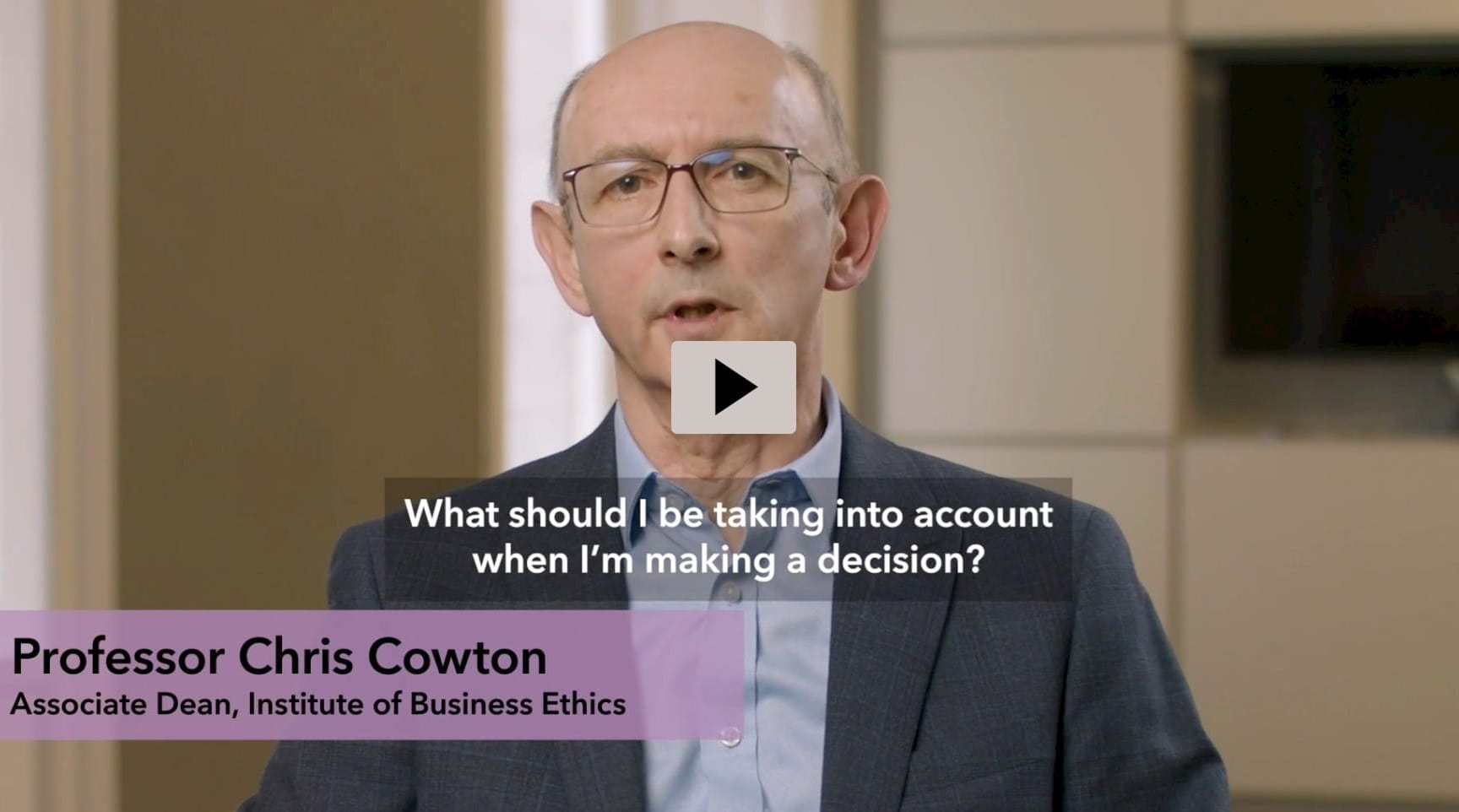ICAEW has partnered with a leading authority on judgement to create a new elearning course. Launched on 29 April, and free to members, Applying Professional Judgment in Audit outlines the key factors and qualities that feed into the reasoning behind one of accountancy’s biggest fields.
While creating the course, ICAEW harnessed input from the distinguished Sir Andrew Likierman, Professor of Management Practice in Accounting and former Dean of the London Business School.
A globally recognised thinker on judgement, Likierman has spoken to more than 800 people on the subject for a book due for publication later this year. In addition to writing about judgement for Forbes and the Harvard Business Review (HBR), Likierman was a major influence on the 2019 Brydon review of audit quality and effectiveness. The final report identified professional judgement as essential to best-practice outcomes.
Growing complexity
The new elearning course arrives at a time of growing interest in professional judgement. Two years ago, the Financial Reporting Council published guidance on the topic and said that it expects firms to apply a structured framework while making key audit decisions. Professional judgement is mentioned no less than 12 times in the International Code of Ethics for Professional Accountants.
However, until now, no specially focused learning tools have been available in the sector to help auditors apply the term rigorously.
In a launch event at Chartered Accountants’ Hall, ICAEW Managing Director, Reputation and Influence, Iain Wright quoted Likierman’s definition of judgement, coined in a 2020 piece for HBR: “The ability to combine personal qualities with relevant knowledge and experience to form opinions and make decisions.”
Wright pointed out that, in a complex business world, good judgement is needed more than ever. While technical expertise, good business acumen and a strong ethical framework have always been at the heart of the chartered accountant’s work, he said that areas of business and practice – particularly audit – are facing ever-growing complexity.
“A large number of data points, uncertainty and the shift away from looking backwards at historic, financial statements towards more forward-looking, subjective assessments have raised the vital importance of good judgement,” he stressed.
Feelings and beliefs
A central driver behind the course is that judgement is context specific, so rules and regulations cannot cover all possible contingencies. As such, having some type of framework in place for forming and applying judgement will be of help to the profession at large.
With that in mind, the first module sets out ‘the raw material of judgement’. As well as the role of trust, awareness, knowledge and experience, the module includes guidance on the difference between professional judgement and professional scepticism.
Module 2, ‘the process of judgement’, has guidance on the influence of feelings and beliefs, along with the nature of choice as professionals attempt to exercise their critical thinking. The material covers the concept of motivated reasoning, and how that affects our ability to be objective.
Meanwhile, Module 3, ‘the FRC professional judgement framework’, provides members with a grounding in the watchdog’s 2022 guidance. And the final module, ‘improving your own professional judgement’, provides members with an opportunity to test and stretch their skills, as well as summarising the suggestions to improve judgement in the earlier modules.
Difficult choices
At the launch, Likierman told Insights that his work on the course had boosted his appreciation for just how much judgement goes into every stage of the audit process.
“For example,” he said, “there is judgement about the way in which you interact with the client and whether or not you trust what the client says.
“This is how you apply knowledge and experience to the client’s circumstances, how you feel about information you’re receiving from the client and the way in which you make your choices throughout the audit.
“All those areas are part of a judgement-based audit judgement process.”
While auditors are already trained on those points, Likierman said, he suggests that they can sharpen their understanding at every stage of their careers.
“Judgement isn’t something you can take for granted,” he stressed, “because it can get worse if you get overconfident or complacent. Nor is it something that you’re born with and either have or don’t have. All these elements of judgement are capable of improvement.”
Likierman hopes that the course will provide members with an interesting and useful frame of reference for how to approach judgement in the audit – and with some of the difficult choices that they, as professionals, are required to take.
“Auditors are faced with many complex judgements, such as around going concern or impairment,” he said. “It’s important to have a better chance of making a choice that actually stands up – not just in terms of the way in which you feel about it, but how your colleagues understand it and how the regulator views it. I hope all those outcomes will be helped by this course.”
Judgement elearning
Access ICAEW's practical elearning programme on exercising good professional judgement as an integral part of the audit process.



